
I’m too old, I’m too tired, I can’t write for hours anymore… But something won’t let me quit writing! Is there a solution?
Through a lot of trial and error, I found the solution for me: the 5-Minute Life. It didn’t just revolutionize my writing. You can also break a bad habit, or start a good habit, or rest when you’re weary—all in 5-Minute slices of your day.
Solving Problems, 5 Minutes at a Time
Want to break a habit of overeating at a meal and not stopping when you’ve had enough? After your meal, set your kitchen timer for 5 minutes and do something else. Maybe you’ll still eat more when the timer dings, but many times you won’t. The craving actually disappears in about 90 seconds, according to “habit experts.”
Want to start a new habit? Maybe lift weights, floss your teeth, write on your work-in-progress daily? Set your kitchen timer for 5 minutes, and when it dings, you can quit! Or, if you feel like going longer, you can and often will. (Getting started is usually more than half the battle, and you conquered that. Staying in motion is immeasurably easier.)
What about weariness or those pesky aches and pains? When you realize that your body is protesting, stop and set your timer for 5 minutes. Close your eyes and do deep breathing. Listen to uplifting music, something that soothes your soul. Wander around your back yard and see what’s blooming. You’ll be amazed how much 5 minutes can refresh you. (Just don’t waste it on your phone, email or social media. You’ll feel worse instead.)
“It doesn’t make sense to continue wanting something if you’re not willing to do what it takes to get it. If you don’t want to live the lifestyle, then release yourself from the desire. To crave the result but not the process, is to guarantee disappointment.” ~~James Clear, author of Atomic Habits
WELL, YES . . . AND NO.
Live the 5-Minute Life? How?
“To crave the result [the finished manuscript] but not the process [your writing habits, or eating habits, or sleeping habits, etc.] is to guarantee disappointment.”
I had a suspicion that something was wrong with my process. After floundering, I would have wonderful energetic re-starts, but the older I got, the amount of time I could stick to my writing schedule grew smaller. No matter how you take care of your health, age happens (if you’re lucky) and energy declines a bit each year.
I was sick and tired of giving up, getting depressed over NOT writing, then reading motivational books, praying hard, making check charts for the closet door to keep track of my work hours…and after a week or so, quitting again.
When younger, I could keep a rigorous writing schedule while teaching and raising kids, but not now at 71. I wanted to live the process and love it, but I found myself no longer able. [And it still bugs me to admit this.] Did that mean I had to quit writing books? It was beginning to seem so.
But, but, but…
What if I could invent a writing process that I COULD fall in love with all over again? When I started writing and publishing in 1983, I had to work my writing around a newborn, a toddler, and a newly adopted boy from Korea who spoke no English. But I found a writing process (writing in bits and pieces) that worked for me then, so I launched my career (while we added yet another baby.) Many of those experiences became my two writing books, Writer’s First Aid and More Writer’s First Aid.
The More Things Change…
. . . the more they stay the same.
I’m no longer scrambling for bits of time in the same way. But getting started writing when not feeling well or when busy with volunteer and grandchildren activities still takes some grit. However, writing or marketing for five minutes is doable for anyone.
Yes, more than half the time, my 5-minute chunks of writing or marketing stretched into 30-45 minutes. Even when it didn’t, though, I was astounded by how much I could do in 5 minutes–just like I had trained myself to do during the baby years. I started giving myself high fives for every bit I wrote. Silly maybe, but it worked!
Where There’s a Will
I stop for different reasons now, of course. It’s not because a toddler fell and cut her lip or a baby needs changing. It is more often the aches in my wrists [shattered left wrist in 2017 and broken right hand in 2019] that crawl up my arms. But while stopping is different, starting is remarkably similar.
Give it a shot and see! Live the 5-Minute Writing Life!
 In the fall of 2019 I spent several weeks
In the fall of 2019 I spent several weeks  My mystery writer friend runs daily in the
My mystery writer friend runs daily in the 

 I appreciate the notes I’ve received since re-starting the blog this month. I was asked a number of times, “Where have you been the last two years?” Because my Writer’s First Aid blog is all about helping writers hang in there and not quitting and not giving up on writing dreams, it’s certainly a legitimate question. As one person asked, “When writers disappear, where do they go?”
I appreciate the notes I’ve received since re-starting the blog this month. I was asked a number of times, “Where have you been the last two years?” Because my Writer’s First Aid blog is all about helping writers hang in there and not quitting and not giving up on writing dreams, it’s certainly a legitimate question. As one person asked, “When writers disappear, where do they go?”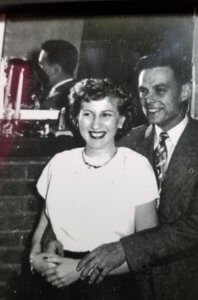
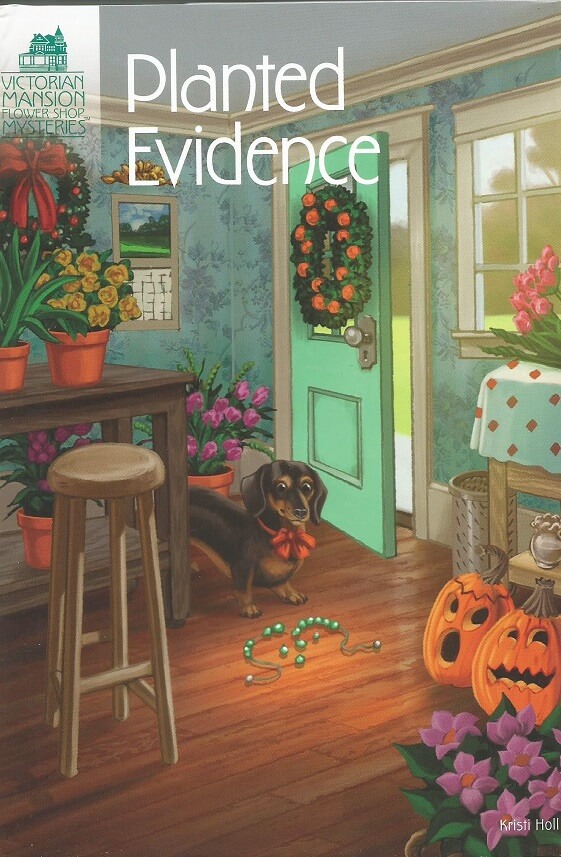
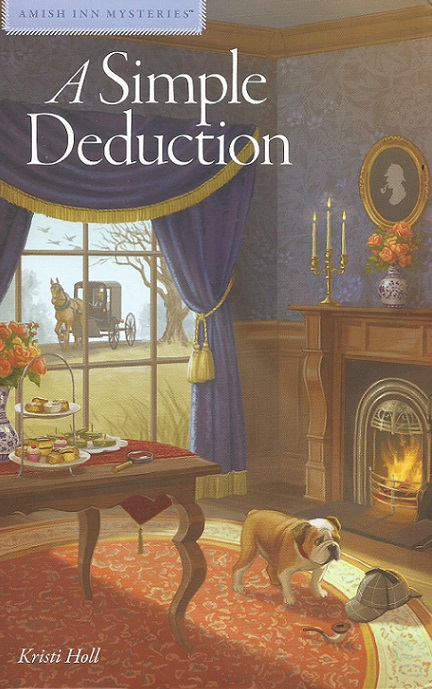
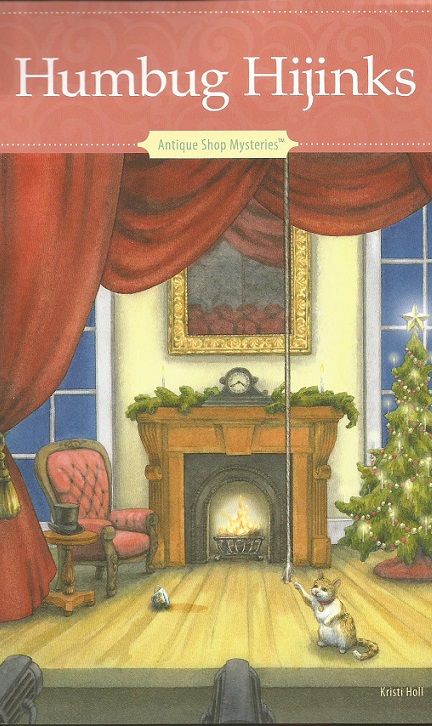
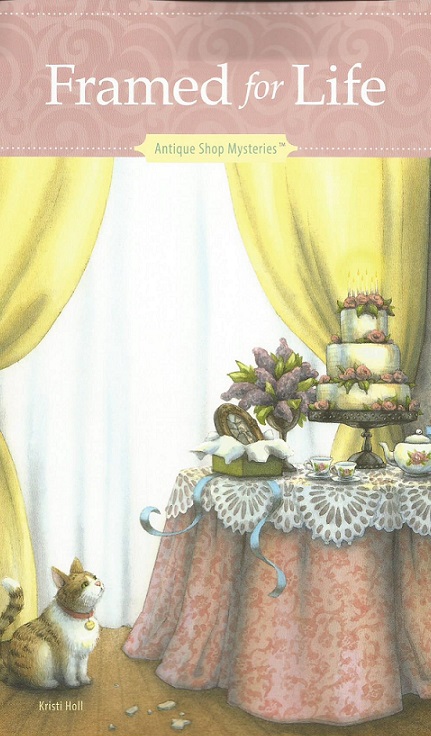
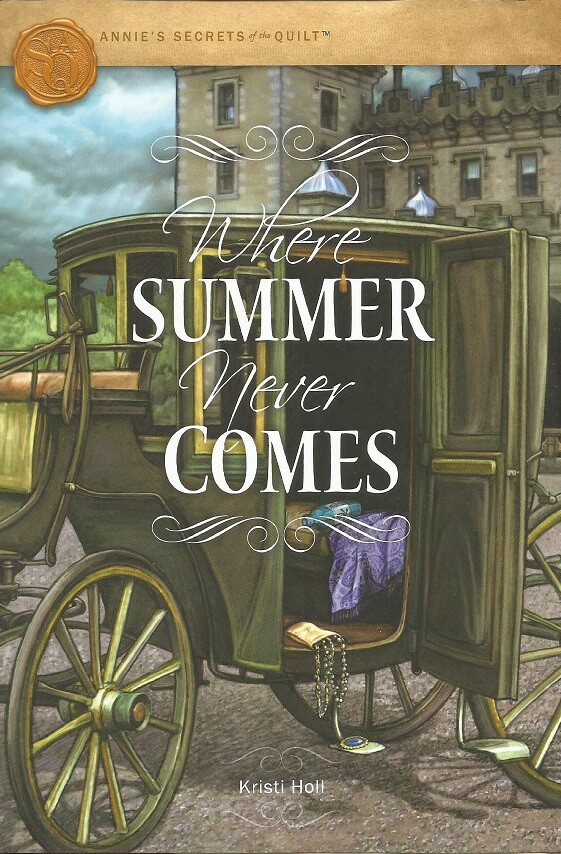
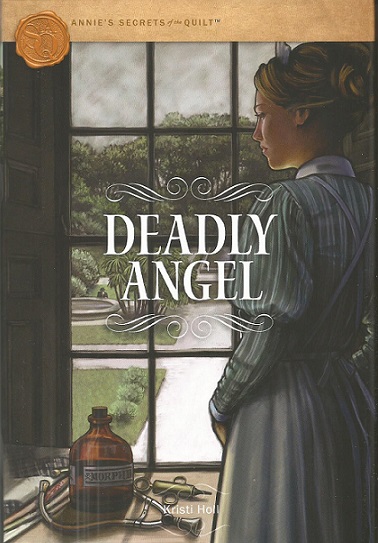
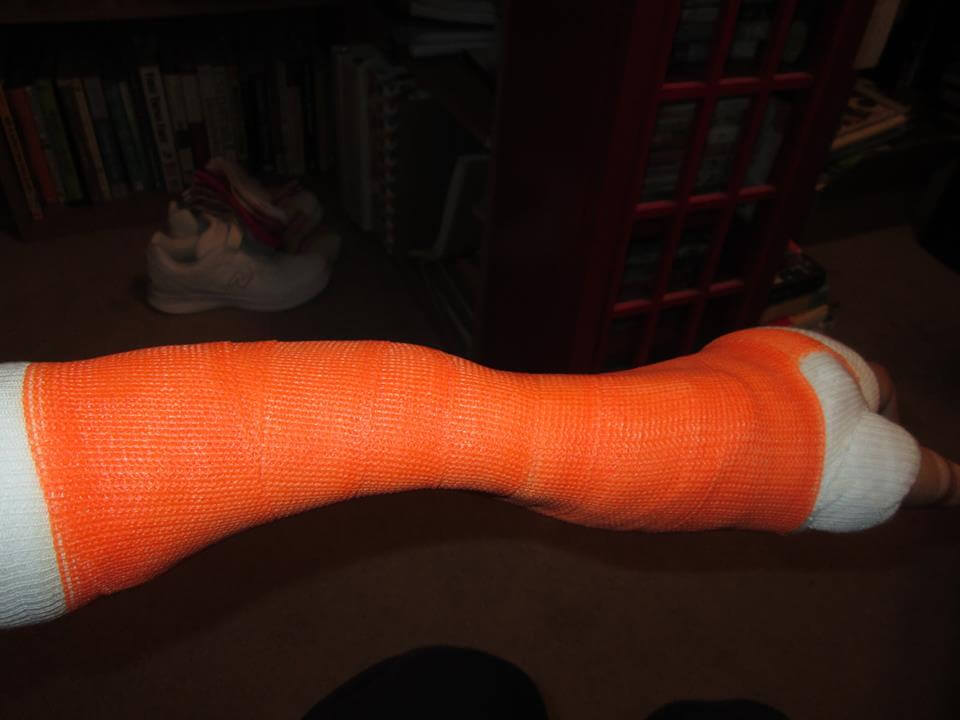 In April of 2017, I was gardening in the back yard
In April of 2017, I was gardening in the back yard Once the last cast came off, I had to start typing, but after all summer in casts, my wrist was frozen in a position with the thumb pointing up. I couldn’t rotate my wrist so that the palm faced up or down. I knew that the physical therapy later for my wrist would correct this, but in the meantime, I couldn’t type on a regular keyboard.
Once the last cast came off, I had to start typing, but after all summer in casts, my wrist was frozen in a position with the thumb pointing up. I couldn’t rotate my wrist so that the palm faced up or down. I knew that the physical therapy later for my wrist would correct this, but in the meantime, I couldn’t type on a regular keyboard.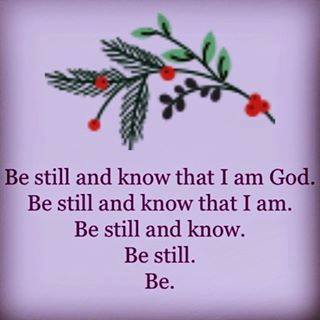 I had had a lot of thinking time when in my casts since I couldn’t drive, and for a long time it was painful to ride anywhere in a car. It gave me time to think, to evaluate my frenetic writing lifestyle, and make some changes.
I had had a lot of thinking time when in my casts since I couldn’t drive, and for a long time it was painful to ride anywhere in a car. It gave me time to think, to evaluate my frenetic writing lifestyle, and make some changes.  The most joyous event in recent years happened just two months ago. My middle daughter, Laurie, was married outdoors at a ranch in Tucson, and she was just the most beautiful bride. All four of my grandkids had parts in the wedding. I try to respect my kids’ privacy, but I’m going to post just one photo of the girls and me. Our whole family welcomed her husband, Jeff, with open arms. Isn’t it wonderful how a joyous event like this can totally eclipse the tougher events?
The most joyous event in recent years happened just two months ago. My middle daughter, Laurie, was married outdoors at a ranch in Tucson, and she was just the most beautiful bride. All four of my grandkids had parts in the wedding. I try to respect my kids’ privacy, but I’m going to post just one photo of the girls and me. Our whole family welcomed her husband, Jeff, with open arms. Isn’t it wonderful how a joyous event like this can totally eclipse the tougher events?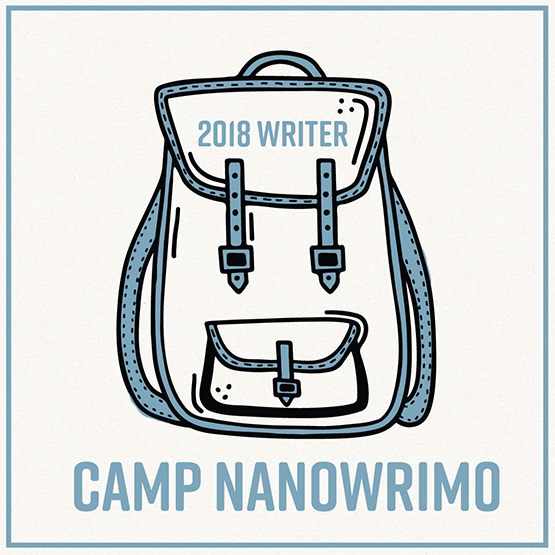 Camp NaNoWriMo is a writing challenge that happens in July. It’s different from NaNoWriMo in November because you can work on ANY type of creative project of any length, not just a 50,000-word novel. First drafts or revision, scripts or stories or poems or essays… all are welcome! You track your goals based on word count, hours, or pages, and they welcome word-count goals between 30 and 1,000,000 words.
Camp NaNoWriMo is a writing challenge that happens in July. It’s different from NaNoWriMo in November because you can work on ANY type of creative project of any length, not just a 50,000-word novel. First drafts or revision, scripts or stories or poems or essays… all are welcome! You track your goals based on word count, hours, or pages, and they welcome word-count goals between 30 and 1,000,000 words.



 Recent events–the economic recession plus all the changes in publishing–have left many writers in a quandary.
Recent events–the economic recession plus all the changes in publishing–have left many writers in a quandary.